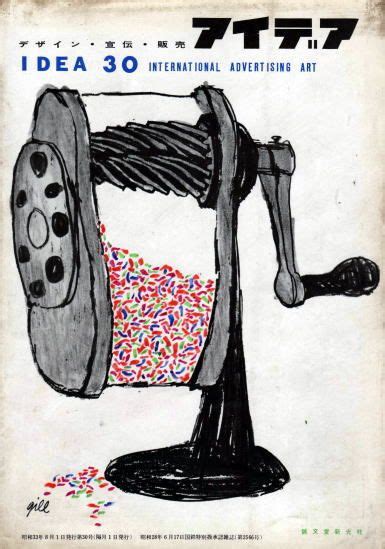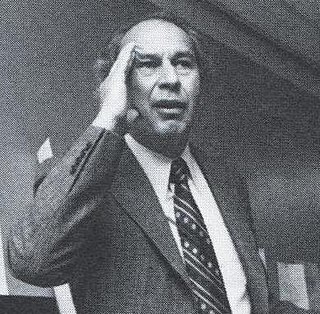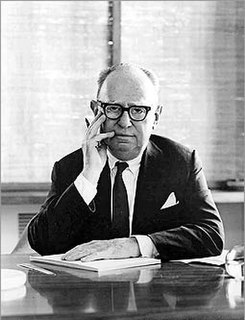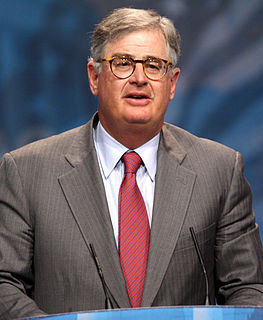A Quote by Jon Oringer
On average, an e-commerce client who evolves into a premier enterprise client increases their annual spend by 10 times in that first year.
Related Quotes
For a lawyer to do less than his utmost is, I strongly feel, a betrayal of his client. Though in criminal trials one tends to focus on the defense attorney and his client the accused, the prosecutor is also a lawyer, and he too has a client: the People. And the People are equally entitled to their day in court, to a fair and impartial trial, and to justice.
We're trying to win business by doing a good job for the clients, as opposed to, "We think being big and universal is just a great, wonderful thing." It's not a morality thing. It's a "Does it work for the client?" thing. Everything we do is because a client uses us. Everything we do is because a client chose to use us of his own free volition.
Never talk to a client about architecture. Talk to him about his children. That is simply good politics. He will not understand what you have to say about architecture most of the time. An architect of ability should be able to tell a client what he wants. Most of the time a client never knows what he wants.


































